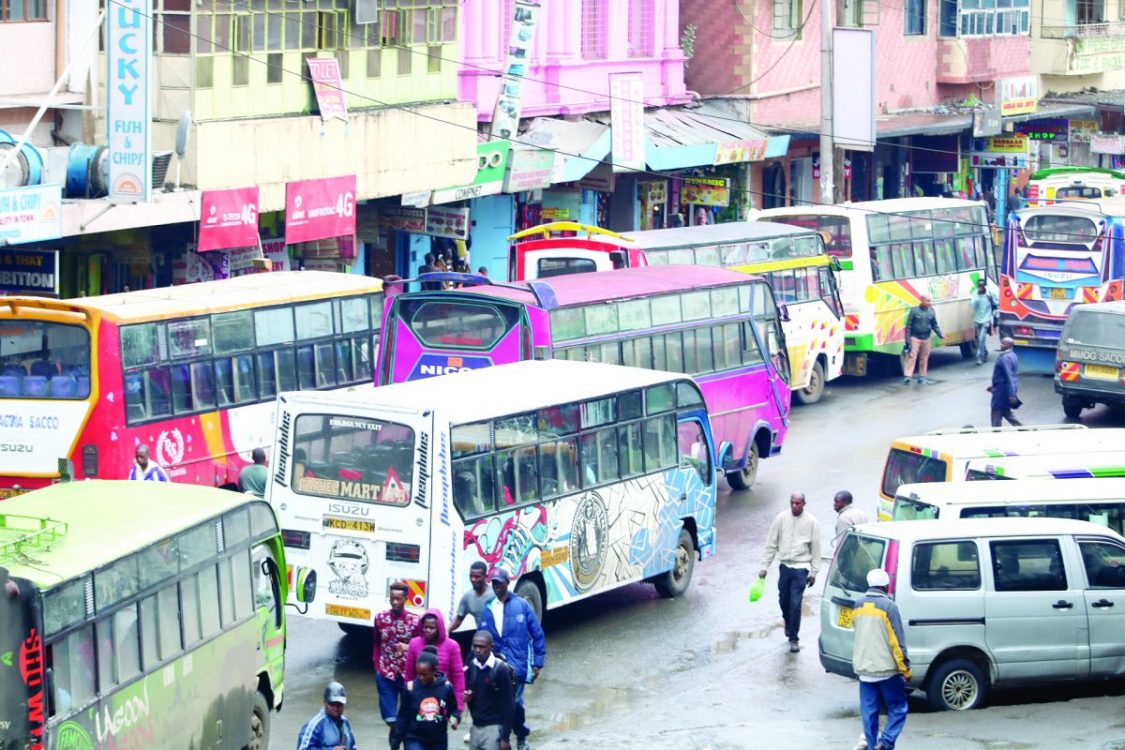Nairobi noise: Only ruthless enforcement will work

The cacophony that has become synonymous with Nairobi’s central business district could finally be tackled with the seriousness it deserves, though we shouldn’t hold our breath. The county government’s announcement of stringent noise pollution measures targeting matatus, nightclubs and businesses is a desperately needed and long overdue intervention.
For far too long, residents of Nairobi and visitors have endured a relentless assault on their eardrums. The thunderous music from matatus, the endless shouting of touts, and the competitive blaring of advertisements from shops have created an environment that is not just unpleasant but harmful to public health. Research has consistently shown that excessive noise exposure leads to greater stress levels, cardiovascular problems, impaired cognitive function and reduced productivity.
The new regulations, which require matatus to mute their music upon entering the CBD and prohibit touts from shouting for customers is another significant step toward restoring sanity to our streets, following ongoing action against hawkers. The requirement for public service vehicles (PSV) to use placards instead of vocal solicitation is particularly commendable, as it brings a measure of professionalism to an industry often characterised by chaos and uncouth behaviour.
But we have been down this road before. Previous regulations have fallen prey to the notorious impunity of PSV operators who seem to believe they’re above the law. There’s a legitimate concern that these new rules might meet the same fate, unless enforcement is ruthlessly consistent and punitive enough to deter violations.
The situation with nightclubs in residential areas has long been a thorn in the flesh of Nairobi residents. As Nairobi Environment Chief Officer Geoffrey Mosiria said a few days ago, it’s outrageous that some establishments have the audacity to seek court orders to continue disturbing residents’ peace. The county government’s new approach of coordinating with police, the environment watchdog NEMA and liquor licensing officers shows promise, but it must be backed by unwavering political will and sustained enforcement efforts.
Confiscating sound systems and exhibits, as promised by Mosiria, should be just the beginning. We need hefty fines, licence revocations, and, where necessary, permanent closure of repeat offenders. The message must be clear: the era of acoustic anarchy in Nairobi is over.
And that’s where we think these new rules may start to unravel if they are not enforced with an iron fist. City officials must keep in mind that the wellbeing of residents and visitors cannot continue to be sacrificed at the altar of profits. The impact of unchecked noise pollution on productivity, education and mental health has been severe and measurable. We cannot afford another day of weak enforcement. Half-measures and selective enforcement will only perpetuate the culture of impunity. Kenya’s capital city deserves better, and it’s time to turn down the volume permanently.









